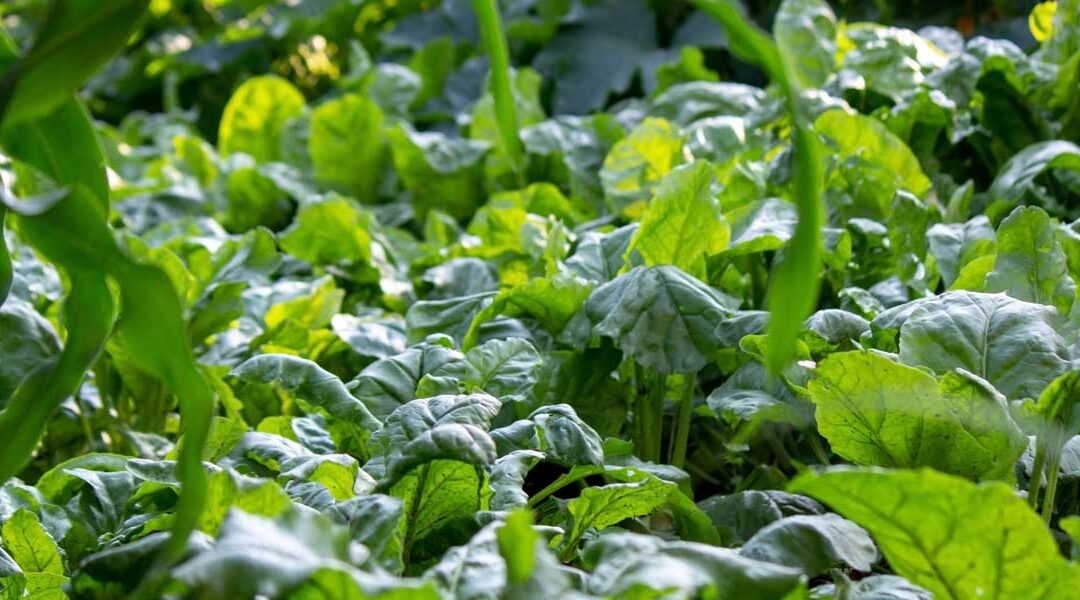Companion planting is an established method in gardening that enhances plant growth, prevents pests, and improves crop yields. One of the most popular and beneficial practices is using companion plants for spinach. Spinach, a nutrient-rich leafy green, thrives when planted alongside specific companions. Let’s delve into the best companion plants for spinach and explore how they contribute to a healthier and more productive garden.
Best Companion Plant for Spinach
Radishes
Radishes and spinach make an excellent team in the garden. Radishes grow quickly and can act as a natural cover, keeping the soil cool and moist, which is perfect for spinach. They also help break up the soil, improving aeration and drainage. As a bonus, radishes deter pests like aphids, ensuring your spinach thrives.
Radishes protect spinach from pests and improve soil quality. However, ensure both plants have enough space to avoid overcrowding.
Leeks
Leeks are another great companion for spinach. They have a long growing season and grow vertically, so they don’t compete with spinach for space. Leeks also release a strong scent that can deter pests such as carrot flies and aphids, helping to keep your spinach healthy.
Leeks provide pest protection and save space. Make sure to water adequately, as both plants enjoy moist soil.
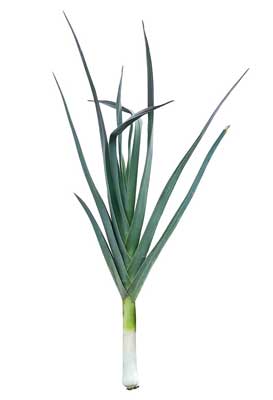
Scallions
Scallions, also known as green onions, are perfect companions for spinach. They grow quickly and don’t take up much space. Scallions also repel pests like aphids and spider mites, providing a natural shield for your spinach.
Scallions repel pests and save space. Ensure they have enough water and nutrients to support both plants.
Chives
Chives are excellent companions for spinach due to their strong scent, which deters pests like aphids and Japanese beetles. Chives also attract beneficial insects that help protect your spinach from other pests.
Chives repel pests and attract beneficial insects—plant chives around the perimeter of your spinach to maximize their protective benefits.
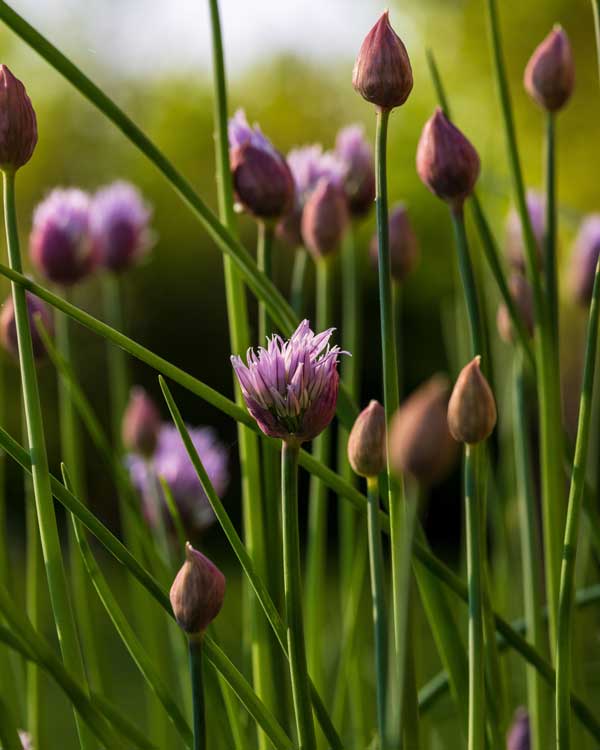
Beans
Beans, especially bush beans, are excellent companions for spinach. They contribute by fixing nitrogen in the soil, which enriches it and provides essential nutrients for the growth of spinach. Beans also create a natural shade, helping to keep the soil cool and moist.
Beans enrich the soil with nitrogen and provide shade. Be mindful of space, as beans can spread out.
Turnips
Turnips grow well alongside spinach due to their similar soil and light preferences. They also help in breaking up heavy soils, which benefits spinach roots. Additionally, turnips can deter pests like aphids and flea beetles.
Turnips improve soil structure and deter pests. Ensure proper spacing to avoid competition for nutrients.
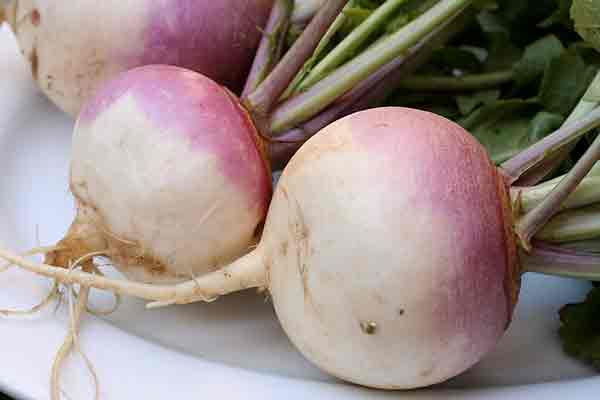
Celery
Celery is a fantastic neighbor for spinach. Its strong aroma can repel unwanted insects and doesn’t compete heavily for root space. Celery also benefits from the shade provided by spinach, keeping its roots cool.
Celery repels pests and benefits from shade. Both plants require regular watering and nutrient-rich soil.
Beets
Beets and spinach share similar growing conditions and can happily coexist. Beets help to improve soil structure, and their leaves provide a natural mulch that keeps the soil moist and cool. They also attract beneficial insects that can protect spinach.
Beets improve soil and provide natural mulch. Ensure adequate space and nutrients for both plants.

Zucchini
With their broad leaves, Zucchini plants provide excellent shade for spinach, helping keep the soil cool and moist. Zucchini also deters pests like aphids and cucumber beetles, offering protection to your spinach.
Zucchini provides shade and pest protection. They need a lot of space, so plan your garden layout carefully.
Carrots
Carrots and spinach make a harmonious pair in the garden. Both vegetables thrive in similar soil conditions and can be sown together. Carrots help to aerate the soil with their long roots, creating a better-growing environment for spinach. Additionally, spinach provides ground cover that helps retain soil moisture.
Carrots improve soil aeration and moisture retention. Ensure adequate spacing to avoid competition for nutrients
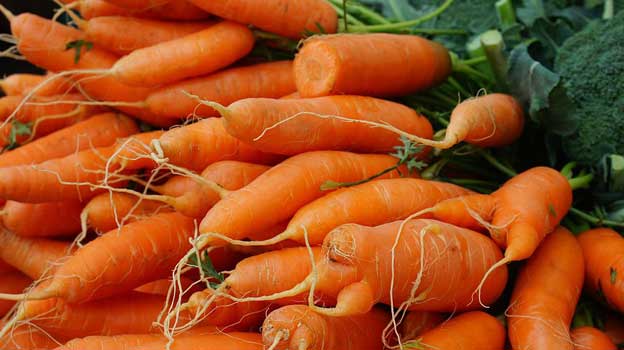
Sweet Potato
Sweet potatoes and spinach can complement each other well. Sweet potato vines provide ground cover, reducing weed growth and retaining soil moisture. Spinach, in turn, benefits from this protection and helps keep the soil cool.
Sweet potatoes provide ground cover and moisture retention. Be mindful of space, as sweet potato vines can spread widely.
Marigolds
Marigolds are not only beautiful but also excellent companions for spinach. Thanks to their strong scent, they repel various pests, including nematodes, aphids, and beetles. Marigolds also attract beneficial insects that prey on harmful pests.
Marigolds repel pests and attract beneficial insects. Ensure they don’t overshadow the spinach by managing plant height and spacing.

Nasturtium
Nasturtiums are beneficial for spinach as they possess properties that repel pests. They attract aphids and other pests away from spinach, acting as a trap crop. Nasturtiums also improve soil health by adding essential nutrients as they decompose.
Nasturtiums attract pests away and improve soil health. Ensure they are planted nearby to maximize their trap crop benefits.
Sweet Alyssum
Sweet Alyssum is a delightful and beneficial companion for spinach. Its small flowers attract pollinators and beneficial insects such as hoverflies, which feed on aphids and other pests. Alyssum also acts as a living mulch, helping to retain soil moisture.
Sweet Alyssum attracts beneficial insects and retains moisture. Plant around the edges to avoid overshadowing spinach.
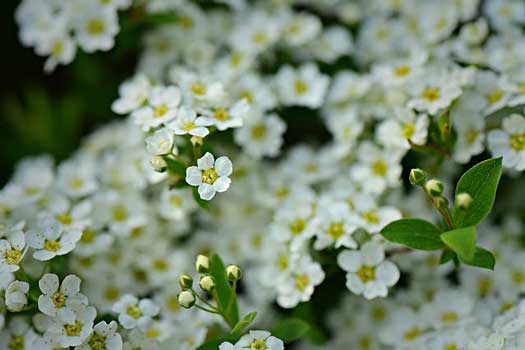
Borage
Borage is an excellent companion for spinach. It draws pollinators and beneficial insects like bees and ladybugs. Which helps control pests. Borage also improves soil health by adding minerals like potassium and calcium.
Borage attracts pollinators and improves soil health. Ensure adequate spacing, as borage can grow large and overshadow spinach.
Bok Choy
Bok Choy and spinach are excellent companions. Both thrive in similar growing conditions, enjoying cool weather and partial shade. Bok Choy can help to shade spinach, keeping the soil moist and cool.
Bok Choy provides shade and maintains soil moisture. Ensure both plants have enough space to prevent overcrowding.
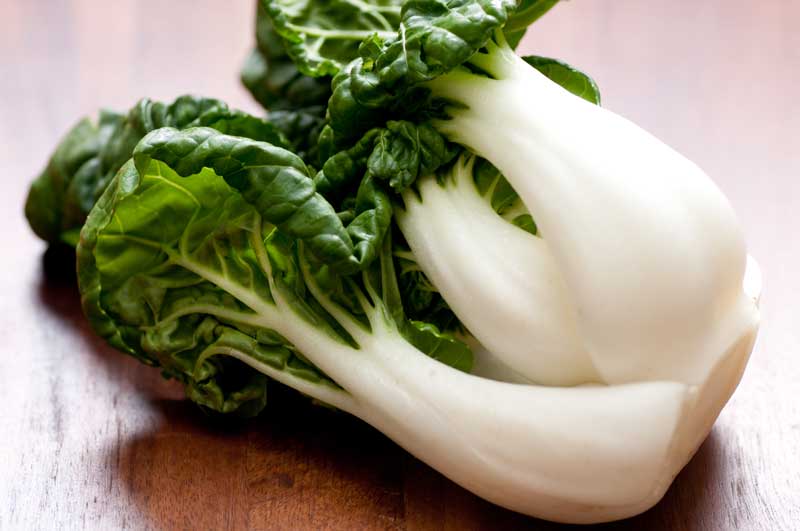
Arugula
Arugula pairs well with spinach due to its fast-growing nature. It functions as a natural mulch, safeguarding the soil and retaining moisture. Arugula’s peppery scent can also deter pests that might otherwise target spinach.
Arugula retains moisture and deters pests. Harvest arugula frequently to prevent it from overshadowing spinach.
Chard
Chard and spinach share similar growing conditions and can coexist harmoniously. Chard’s broad leaves provide shade, helping to keep the soil cool and moist.
Chard provides shade and improves soil quality. Space plants appropriately to ensure both receive adequate sunlight and nutrients.
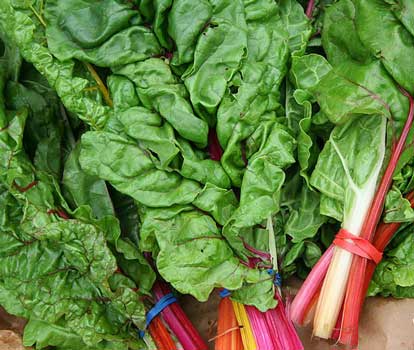
Lettuce
Lettuce is a fantastic companion for spinach. It grows quickly, providing ground cover that helps retain soil moisture and prevent weed growth. Lettuce and spinach enjoy similar soil and light conditions, making them a perfect match.
Lettuce retains moisture and reduces weeds. Monitor soil nutrients as both plants are heavy feeders.
Cilantro
Cilantro and spinach can benefit each other when grown together. Cilantro helps to repel pests like aphids and spider mites. Additionally, its deep roots help to aerate the soil, promoting better growth for spinach.
Cilantro repels pests and improves soil aeration. Plant cilantro slightly apart to allow enough space for spinach to grow.
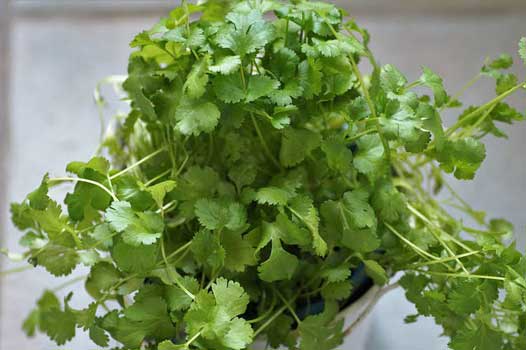
Dill
Dill and spinach make a good pair due to dill’s ability to attract beneficial insects such as predatory wasps and ladybugs. These insects assist in controlling pest populations and protecting your spinach. Dill also improves the overall health of the garden by enriching the soil.
Dill attracts beneficial insects and enriches the soil. Plant dill nearby but not too close to avoid overshadowing spinach.
Parsley
Parsley and spinach thrive together. Parsley helps to repel pests like carrot flies and aphids. Its dense foliage also provides ground cover, keeping the soil cool and moist for spinach.
Parsley repels pests and retains soil moisture. Ensure proper spacing to avoid competition for nutrients.
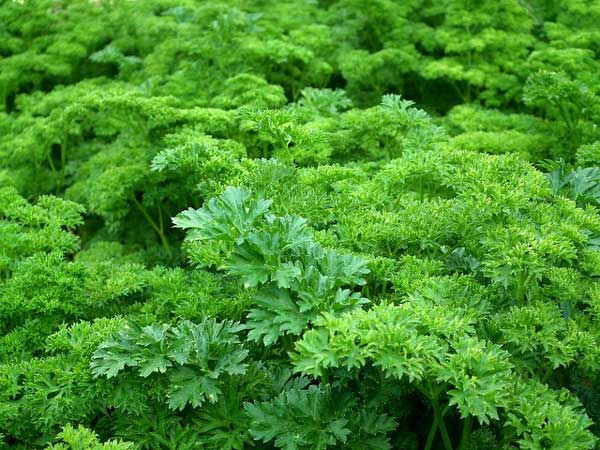
Tomatoes
Tomatoes and spinach can be good garden companions. Tomatoes provide shade for spinach, helping to keep the soil cool. Additionally, tomatoes attract beneficial insects that help control pests.
Tomatoes provide shade and attract beneficial insects. Ensure proper spacing to avoid competition for nutrients and sunlight.
Cucumber
Cucumbers and spinach grow well together as cucumbers provide shade with their large leaves, helping to keep the soil moist and cool. Spinach, in turn, can act as a living mulch for cucumbers, protecting the soil.
Cucumbers provide shade and moisture retention. Be mindful of space, as cucumber vines can spread widely.
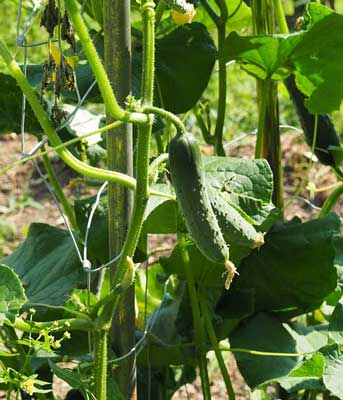
Cauliflower
Cauliflower and spinach make excellent garden companions. Spinach grows quickly and can be harvested before cauliflower needs more space. Additionally, spinach acts as a ground cover, aiding in maintaining soil moisture levels and suppressing weed growth.
Cauliflower benefits from the moisture retention and weed prevention provided by spinach. Ensure adequate spacing to avoid overcrowding as cauliflower matures.
Peas
Peas are excellent companions for spinach. They fix nitrogen in the soil, enriching it and providing essential nutrients for spinach growth. Peas also grow vertically, so they don’t compete for ground space with spinach.
Peas enrich the soil with nitrogen and save space. Ensure proper support for pea plants to avoid them overshadowing spinach.
Read About: Companion Plants For Peas
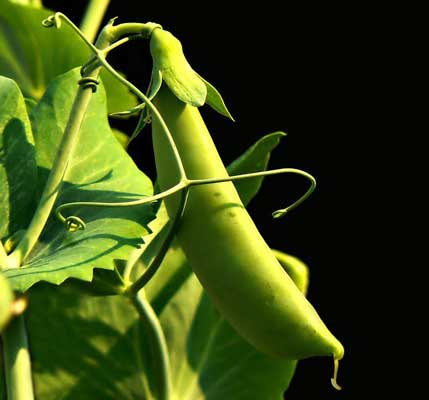
Broccoli
Broccoli and spinach grow well together. Spinach matures quickly and can be harvested before broccoli needs more space. Additionally, broccoli’s large leaves provide shade, helping to keep the soil cool and moist.
Broccoli provides shade and helps retain soil moisture. Ensure proper spacing to avoid overcrowding as broccoli grows.
Okra
Okra and spinach can be great garden partners. Okra grows tall, providing shade for spinach, which helps keep the soil cool and moist. Spinach, in turn, acts as a living mulch, protecting the soil and conserving moisture.
Okra provides shade and moisture retention. Ensure adequate spacing and regular watering, as okra has deep roots and can be a heavy feeder.

Pumpkin
Pumpkins and spinach can benefit each other when grown together. Pumpkin vines provide excellent ground cover, reducing weed growth and retaining soil moisture. With its quick growth, spinach can be harvested before pumpkins spread out.
Pumpkins provide ground cover and moisture retention. Be mindful of space, as pumpkin vines can spread widely and may overshadow spinach if not harvested early.
Sorrel
Sorrel is a beneficial companion for spinach. It has similar growing requirements and can help protect spinach from pests. Sorrel’s deep roots also help improve spinach’s soil structure and nutrient availability.
Sorrel improves soil structure and deters pests. Ensure both plants have enough space to avoid competition for nutrients.
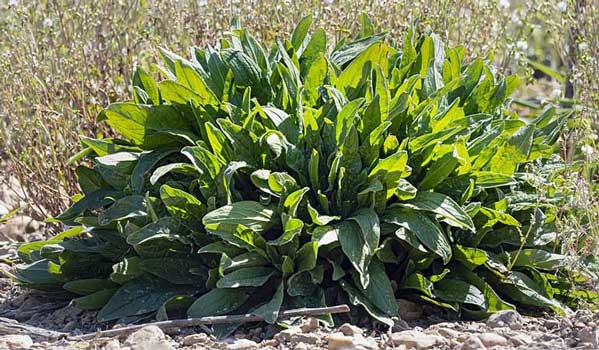
FAQ: Companion Planting with Spinach
What are the best companion plants for spinach?
Some of the best companion plants for spinach include radishes, leeks, lettuce, chard, peas, and strawberries. These plants help improve soil quality, provide shade, retain moisture, and deter pests, creating a healthier growing environment for spinach.
What should I plant with spinach to keep bugs away?
Plants like marigolds, nasturtiums, and chives are excellent to plant with spinach to keep bugs away. Their strong scents repel pests like aphids, beetles, and other common garden pests.
What grows well with spinach?
Spinach grows well with various plants, including carrots, lettuce, peas, chard, and strawberries. These companion plants support spinach growth by enhancing soil quality, providing shade, and deterring pests.
What should I plant next to spinach?
You can plant various vegetables and herbs next to spinach, such as radishes, leeks, cilantro, dill, and parsley. These plants help create a favorable environment for spinach by improving soil health and repelling pests.
Can you plant spinach with tomatoes?
Yes, you can plant spinach with tomatoes. Tomatoes provide shade for spinach, helping to keep the soil cool and moist. However, ensure proper spacing to avoid competition for nutrients and sunlight.
Is spinach a good companion plant for cucumbers?
Yes, spinach is a good companion plant for cucumbers. Cucumbers provide shade for spinach, which helps retain soil moisture and keep the soil cool. Spinach, in turn, acts as a living mulch, protecting the soil.
What can you not plant with spinach?
Avoid planting spinach near plants that compete heavily for nutrients, such as potatoes and fennel. These plants can stunt the growth of spinach by depriving it of essential nutrients.
Can I plant spinach with lettuce?
Yes, spinach and lettuce make great companion plants. Both have similar growing requirements and can help each other by providing ground cover that retains moisture and suppresses weeds.
What are good companion herbs for spinach?
Good companion herbs for spinach include dill, cilantro, and parsley. These herbs help repel pests and improve soil health, benefiting the growth of spinach.
What to grow with spinach in containers?
Consider companion plants like radishes, lettuce, and chives when growing spinach in containers. These plants have similar growing requirements and can thrive together in limited space.
Is spinach a good companion plant for tomatoes?
Yes, spinach is a good companion plant for tomatoes. Spinach benefits from the shade provided by tomatoes, which helps keep the soil cool and moist.
What is a good companion plant for Malabar spinach?
Good companion plants for Malabar spinach include beans, peas, and chives. These plants help improve soil quality and deter pests, supporting the growth of Malabar spinach.
What are companion plants for leafy greens?
Companion plants for leafy greens like spinach and kale include radishes, carrots, leeks, and chives. These plants help improve soil health and protect leafy greens from pests.
You can create a thriving and productive garden by choosing the right companion plants for spinach.

Conclusion: Enhancing Your Garden with Companion Plants for Spinach
Incorporating companion planting into your garden can significantly improve the growth and health of your spinach. You create a synergistic environment that supports spinach by carefully selecting companion plants such as radishes, leeks, lettuce, chard and herbs like dill and parsley. These companions help improve soil quality, retain moisture, provide shade, and deter pests, all contributing to a more bountiful and healthy harvest.
Whether planting in garden beds or containers, companion plants for spinach can optimize your gardening efforts, ensuring that your spinach thrives. By understanding which plants work well together and which to avoid, you can cultivate a garden that is not only productive but also harmonious and resilient.

